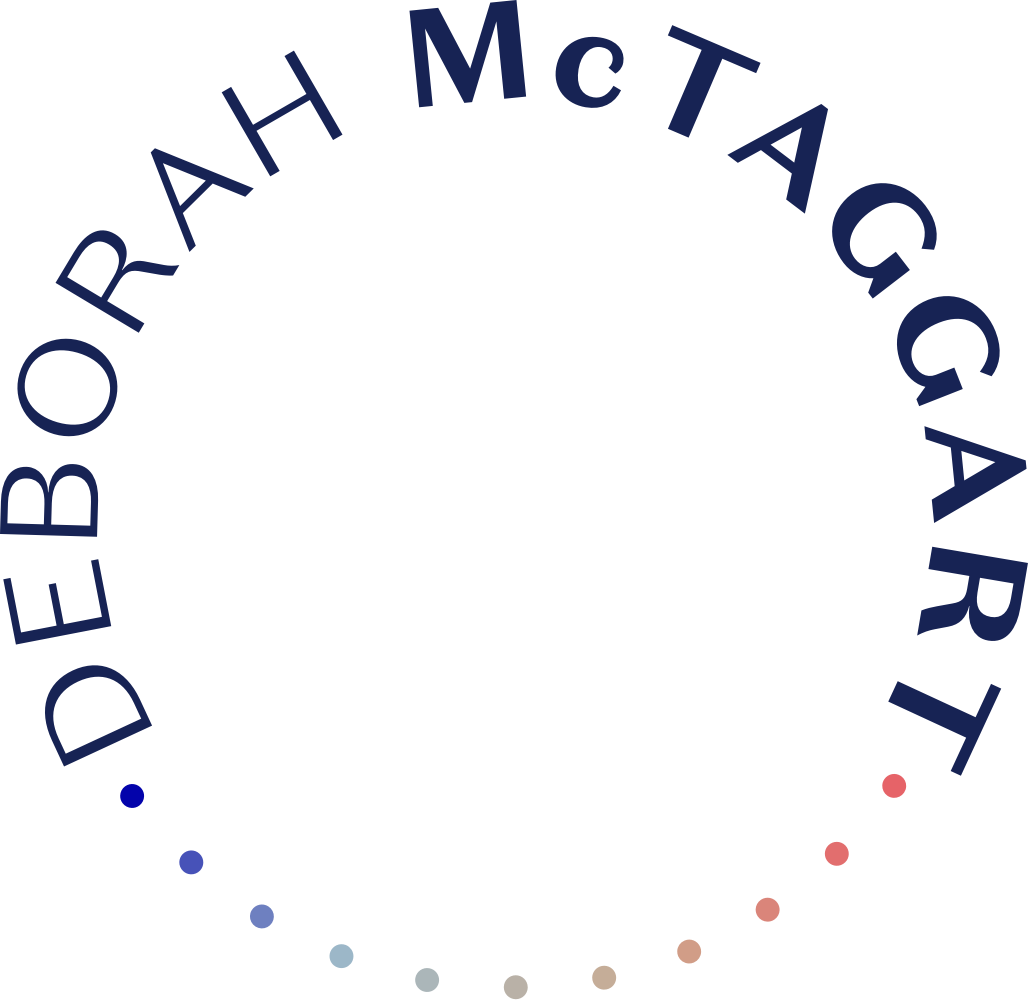What to do about high cholesterol
High cholesterol is no easy topic.
In the functional medicine approach high cholesterol is seen as a symptom and not a disease itself. There can be many underlying factors with six of the main ones including metabolic dysfunction, chronic infections like H Pylori or latent viral infections, gut dysbiosis and impermeability, low or subclinical thyroid function, even environmental toxins and of course familial or genetics.
Conventional medicine approach
Conventional medicine paradigm will test for Total Cholesterol, LDL and HDL, except these are not accurate predictors of of cardiovascular disease. These standard markers tell us how much cholesterol is inside the lipoprotein. Newer markers include the LDL particle number and the best marker presently is LP(a) - Lipid Protein (a). Along with HDL particle number, this offers a better idea of overall CVD risk. If you do find you LP(a) is high, statins are not that effective at reducing this.
However lipid markers, even the good ones, are only part of the puzzle when looking at someone's risk. You need to consider your family history, hypertension and smoking (the strongest factors for heart disease), nutritional status, lifestyle factors, stress, and the gut microbiota play a role in heart disease pathogenesis.
Therefore you need to start with more advanced testing of LDL particles, and work through all the other potential underlying factors to see if there are other contributing causes, such as SIBO (small intestinal bacteria overgrowth) or those mentioned above.
There is so much that can be done to understand why your cholesterol is high, before moving to statins.
Diet and cholesterol
Dietary factors that can help in lowering cholesterol include, garlic and onions as their sulphur containing phytonutrients inhibit cholesterol synthesis; omega 3 rich fish (salmon, herring, mackerel, cod), legumes, oats, flaxseed, organically grown vegetables, as the high levels of betacarotene and B3 reduce cholesterol oxidation and can reduce LDL levels.
Deborah McTaggart is a registered nutritionist practising in Barnes, South West London, and global via Zoom. She works with corporate nutrition and individuals on healthy eating, with a special interest in Men's Health, Shift Work Health, Travel Health and Avoiding Jet Lag. Contact me here for further information on nutrition plans.
